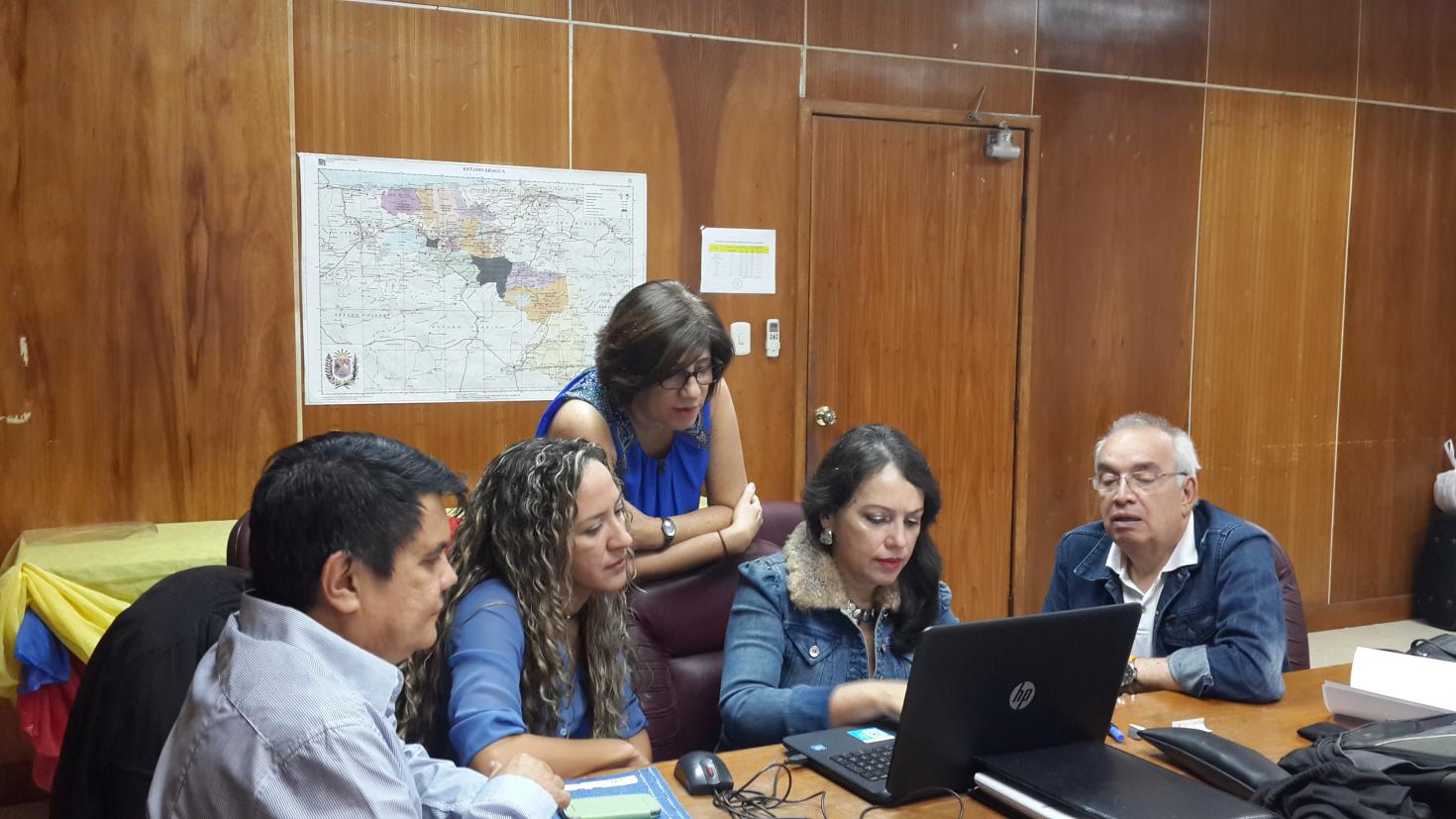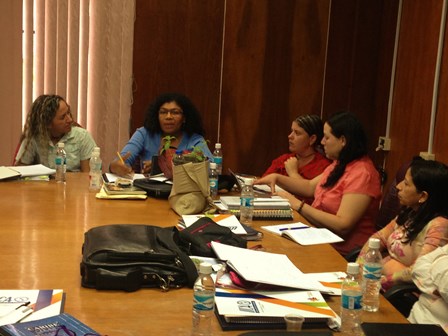Women make decisions that impact local food security every day. When it comes to advisory services, women tend to follow the advice of other women, and hence the importance of female extension agents.

Women make decisions that impact local food security every day. They are farmers and farm workers, biodiversity keepers, livestock tenders, agri-business managers, consumers, agricultural researchers, project managers and educators. Women add value to farm products and are in charge of their sales.
Yet, unlike a man, a typical woman farmer has a smaller area of land to cultivate and fewer livestock. They are also much less likely to use the latest technologies, such as improved seed varieties and fertilizers. They have limited access to bank credits and guarantees and are unable to open a bank account on her own.
When it comes to advisory services, women tend to follow the advice of other women, and hence the importance of female extension agents.
Women also play a key role in agricultural research. A study by the International Food Policy Research Institute found that in Latin America and the Caribbean, the overall share of female agricultural researchers is higher than in other developing regions.
Venezuela, Argentina and Uruguay have the highest participation of women in research with 48%, 44% and 40% respectively. Their input provides an important perspective in addressing the unique and pressing challenges of female farmers.
In general, well trained researchers are needed to increase the capacities for agricultural innovation and result dissemination, from project development, implementation to impact evaluation. Particularly, female researchers, professors, and senior managers are key in providing different insights from those of their male counterparts.
IICA is engaged in creating awareness about the need to invest more in agricultural research to promote innovations for field impact. Recently in Venezuela, women researchers from the national research institute shared their points of view about the importance of innovation for development in their country.
These professionals expressed their desire for more agricultural projects that use a gender-transformative approach that challenges the underlying harmful gender norms that keep women and men in the cycle of poverty.

This approach brings men and women together to discuss and challenge their traditional notions of gender and how it affects their daily lives.
It is important that agricultural research and development employ a balance of male and female researchers. But more importantly is to empower these professionals with adequate tools to design, facilitate and execute projects that have an impact in the lives of women and men in their countries.
More women in top decision-making and management roles would help address the specific problems that women farmers face, through shared understanding.
Women farmers need the space to discuss their needs with scientists and policy makers. They need the empowerment and tools to deal with the challenges of agriculture in their own way. Female researchers can be a channel to facilitate the discussion and a key element to find the solutions.
For more information about IICA support of women in innovation: priscila.henriquez@iica.int
*The opinions expressed in this newsletter are those of the authors and they do not reflect the position of the Institute on the topics presented.
*This post appears in the IICA Delegation in the USA Newsletter – September – December 2016











